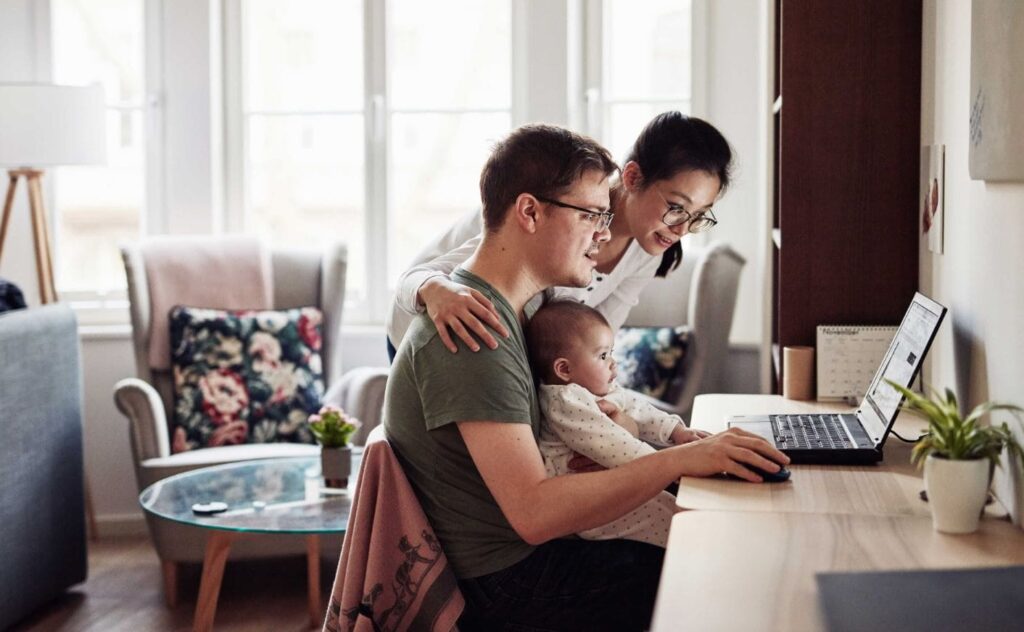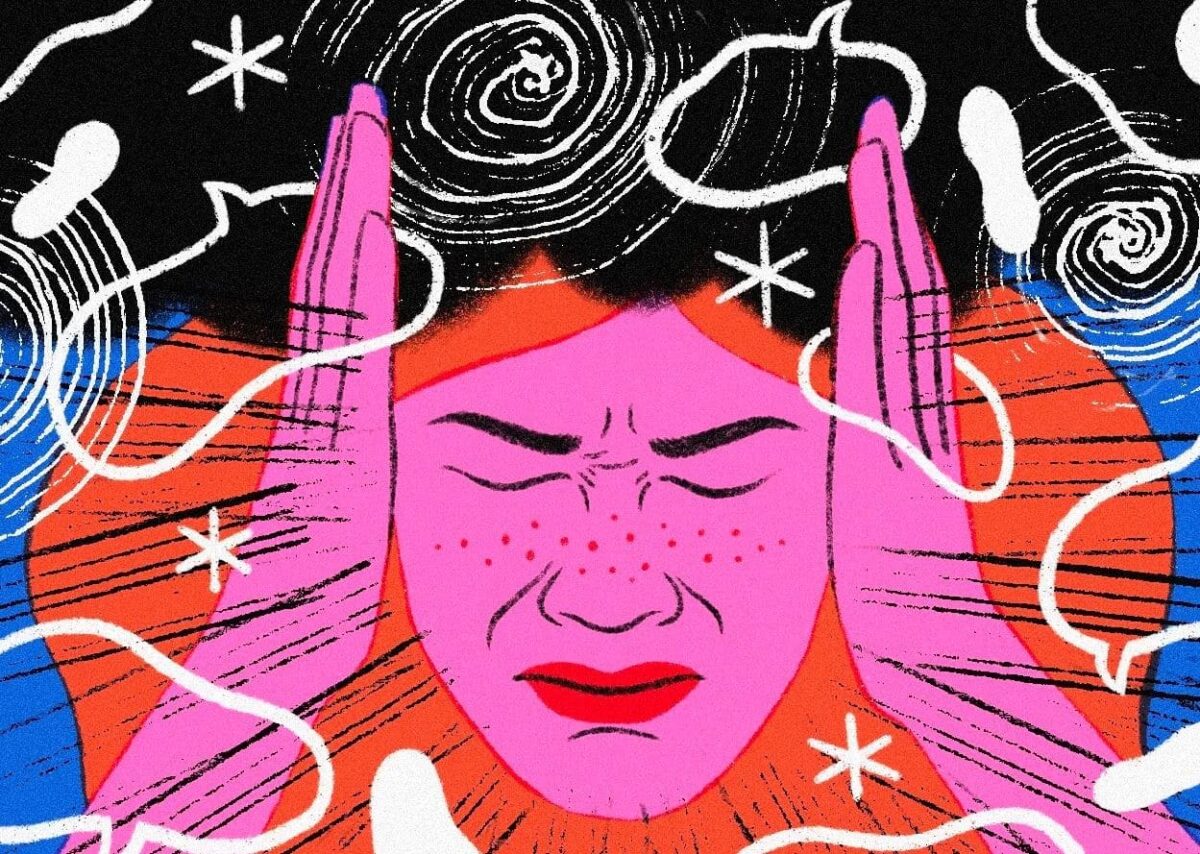Introduction
Society is swiftly changing due to technological advances that have transformed communication and networking among various cultural groups. As a result, many indigenous people have increasingly adopted social media, including Facebook and Twitter, to communicate locally and internationally. Community groups, including Aboriginals in Australia, have recently embraced sharing sorry business information, sexual health information, and political activism information on social media, leading to cultural shifts in privacy perception.
Sorry Business Information on Social Media
Young people have found it easier to disseminate information about their deceased to their relatives on social networking sites, which was traditionally against Aboriginal traditions. According to research, social media communication has offered a strong connection with family members among the Aboriginals, allowing response to cultural commitments like death even when distance is a barrier to actual contact (Carlson and Kennedy 11). Culturally, sharing images of a deceased person in public is taboo, and such information should remain a secret among the Aboriginal community, which the youth in the digital space has altered. Therefore, Aboriginal people’s use of social media is resulting in intriguing and constantly evolving forms of social engagement with loved ones resulting in a cultural shift on private issues like death that were previously conducted in secrecy and decency.

Sexual Health Information on Social Media
Increased use of social media platforms among the Aboriginals has led to sharing of sexual health information over the Internet among community members, which is a taboo. Research shows that social media platforms have evolved into sex discussion forums, some openly reporting other people’s sexual practices(Queensland Health 20). Some of the content shared on online sites exposes private information about individuals’ sexual encounters to social and family networks, contrary to the Aboriginals’ cultural norms. Furthermore, there have been incidents of leakage of sexual health information of clients in social networking postings as having a sexually transmitted disease, rendering a cultural shift on private matters among Aboriginals.
Political Activism Information on Social Media
With the convenience, speed, scalability, and efficacy of communication on social media, Aboriginals have shifted from traditional political activism to bringing worldwide notice to specific issues they undergo. According to research, Aboriginals utilize online communication sites to cultivate offline culture and relatedness and bolster community relationships, particularly on Facebook (McFadzea par. 2). While it is a cultural taboo to talk about political matters publicly, Australian Aboriginal leaders primarily rely on social sites like Facebook to publicly proclaim their identity, to inform, and coordinate their activism operations. Hence, the information sharing by the traditional elders in social media, which was unacceptable before social media appearance, has led to a cultural shift in the political privacy of Aboriginals.
Conclusion
With social media entry, the indigenous community, including Aboriginals, has increasingly welcomed sharing of sorry business, sexual health, and political activism information, which were formerly considered taboo, suggesting cultural changes in privacy view. Digital space has introduced these communities to a new culture that alters their traditional identity. Although there has been improved information sharing among Aboriginals with social media use, it has changed their perception of cultural privacy.
Works Cited
Carlson, Bronwyn, and Tristan Kennedy. “Us Mob Online: The Perils of Identifying as Indigenous on Social Media.” Genealogy, vol. 5, no. 2, 2021, pp. 1-27, doi: 10.3390/genealogy5020052.
McFadzean, Talep. “Contention in Context: Social Media as an Effective Tool for Indigenous Online Dissidence, Debating Communities and Networks 11.” Debating Communities and Networks 11, 2020, networkconference.netstudies.org/2020/05/04/contention-in-context-social-media-as-an-effective-tool-for-indigenous-online-dissidence/.
Queensland Health. “Aboriginal and Torres Strait Islander Adolescent Sexual Health Guideline.” Creative Commons Attribution, 2015, pp. 1-22, www.health.qld.gov.au/__data/assets/pdf_file/0018/161541/adolescent_sexual_health_guideline.pdf.


